After sharing photos from my first rainforest hike, someone left a comment on my social media: “You look like a true wild person.”
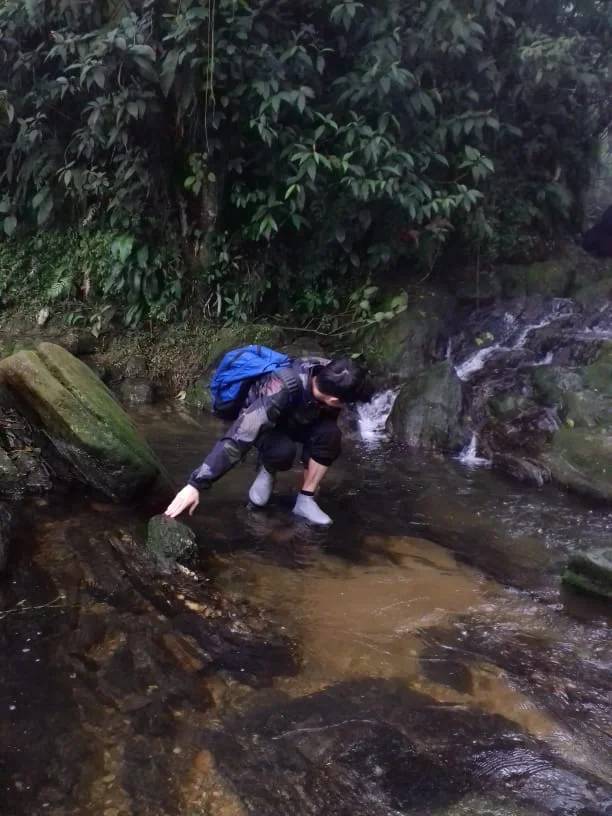
The phrase “wild person” feels strangely satisfying when you say it out loud.
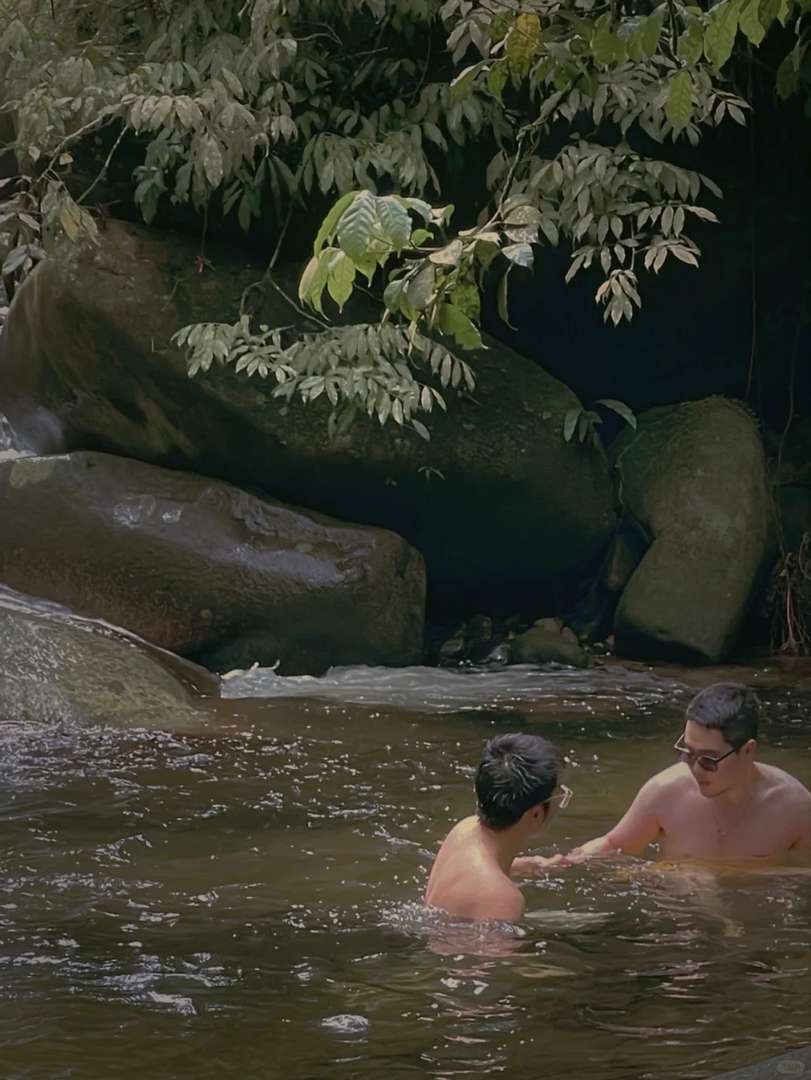
Hiking in Brazil is nothing short of untamed adventure. There are no paved paths to guide your steps, and no benches to rest on when fatigue sets in. It’s all about sinking one foot into the mud, gripping tree roots with trembling hands, leaping between jagged rocks, and often ending up with a few scrapes along the way.
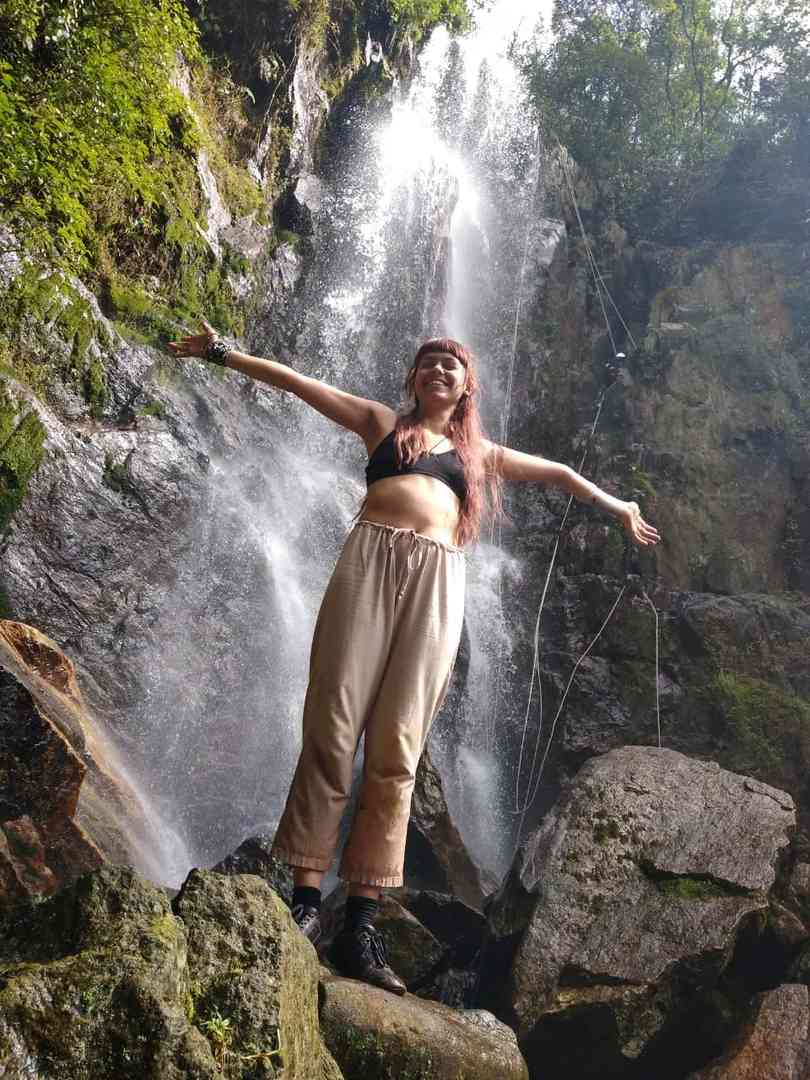
On one occasion, a girl showed up carrying a book and an egg, likely imagining herself lounging under the trees, reading peacefully while enjoying her snack. But nature had other plans—her egg cracked open inside her book, ruining it so thoroughly that she never opened it again.
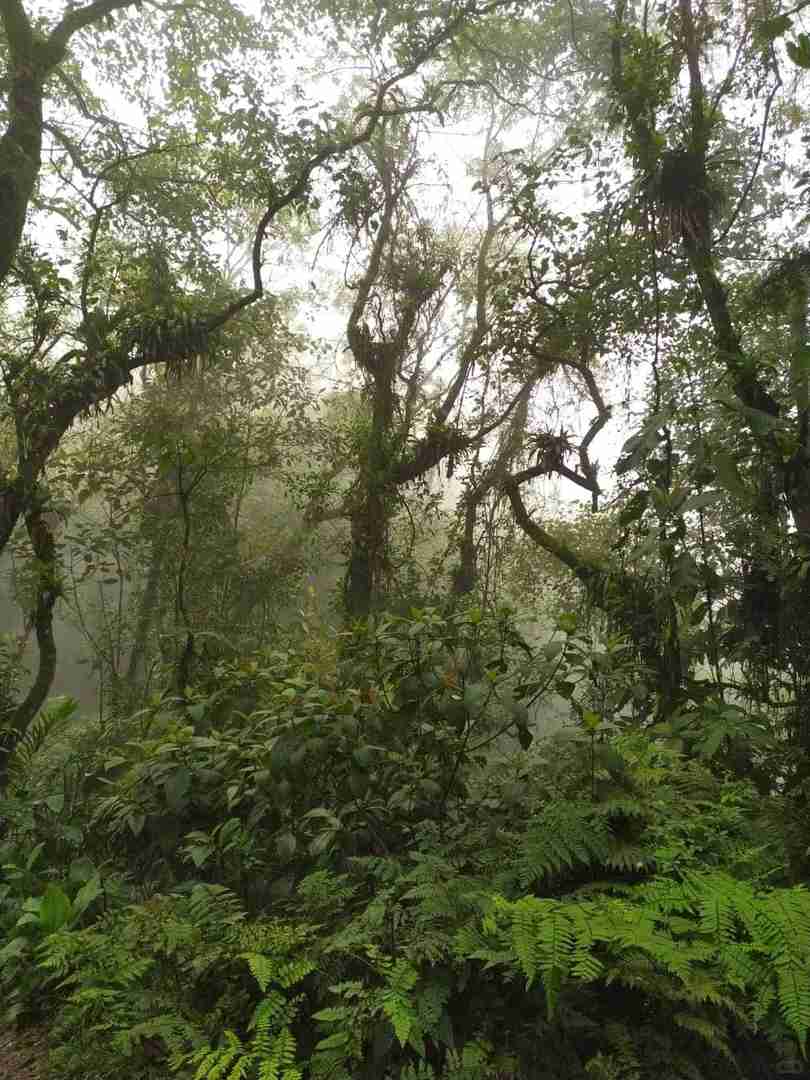
David wore shorts for his first hike, only to discover that the wild berry bushes were bristling with thorns. By the time he made it back, his legs were stinging with countless tiny wounds. Back home, as he washed off the caked mud, he found his legs covered in scratches of every size. He stumbled repeatedly, limping out of the forest with more than a little doubt about whether city life had prepared him for this kind of wilderness.
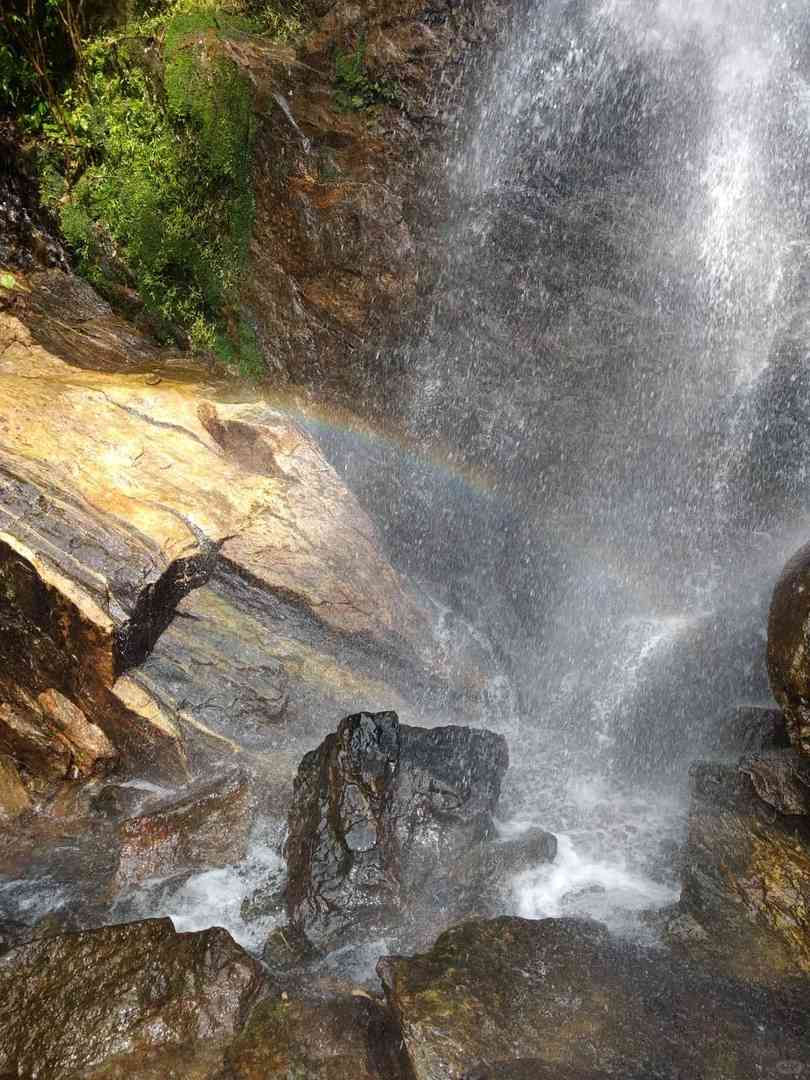
On the day I went, it had rained heavily the previous evening, and we set off at 4 AM, arriving at the trailhead just before dawn. The mist of the rainforest still clung to everything, wrapping us in its emerald embrace. Green trees, green vines, green moss clinging to green stones, green roots snaking across the ground, green water shimmering beneath our feet—even the air seemed tinged with green.
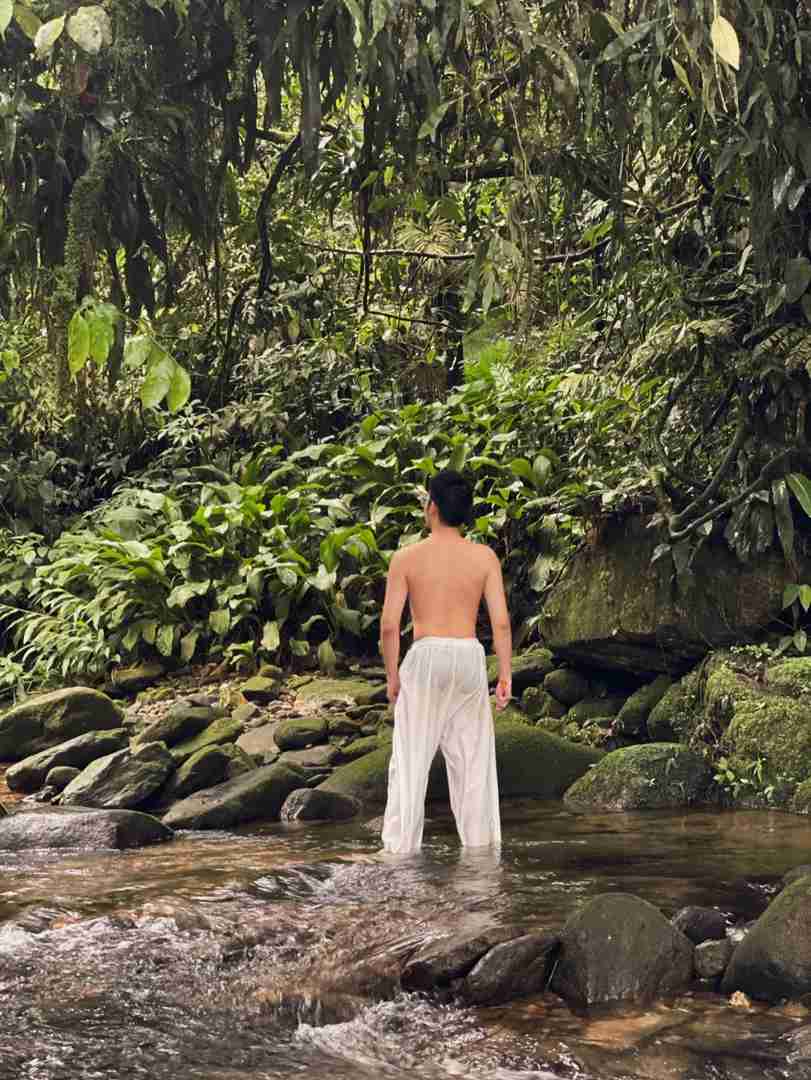
At first, everyone worried about their clothes and shoes getting soaked and muddy. But after a few tumbles, some awkward rolls, and wading through icy streams, something shifted. We began to let go. It was then that I felt the pure oxygen of the forest flooding my lungs, lightening my spirit, washing away any annoyance, and freeing me from concern over dirt or grime.
For those moments, I truly became a wild person.
Nana is half-Indian, her mother belonging to a remote tribe, while her father hails from the city. During the hike, she slipped off her shoes and walked barefoot, despite the guide’s strict instructions to wear sturdy, sealed footwear—not even sandals would do. Yet there she was, striding confidently without hesitation.
When asked if it hurt, she simply replied that she’d grown up walking with her feet firmly connected to the earth. By the end of the trail, near a roaring waterfall, she sat gracefully on a smooth, water-polished boulder. From her bag, she pulled out a set of mate tea equipment, known locally as chimarrão—a small clay pot styled after indigenous designs, a metal filter straw, a thermos, and crushed yerba mate leaves.
Watching her prepare the tea felt almost surreal, like witnessing the birth of the first steam engine. Her connection to the earth and plants, her embodiment of what it means to be a wild person in the mountains, suddenly struck us as effortlessly chic.
Ultimately, aren’t we all made of the same elements as the earth, the leaves of the trees, and the rivers’ waters? The very essence of nature runs through our veins. Stepping into this rainforest stirred something primal within me—an ancient memory buried deep in my genes, awakened by the scent of rain-soaked soil. Just as snakes trigger an innate fear passed down through generations, being close to nature evokes a joy that echoes the stories of our ancestors.
Perhaps this is why, in *The Alchemist*, Santiago could speak with the sun, dance with the desert, and transform into the wind whispering through the leaves. In his own way, he too was a wild person.